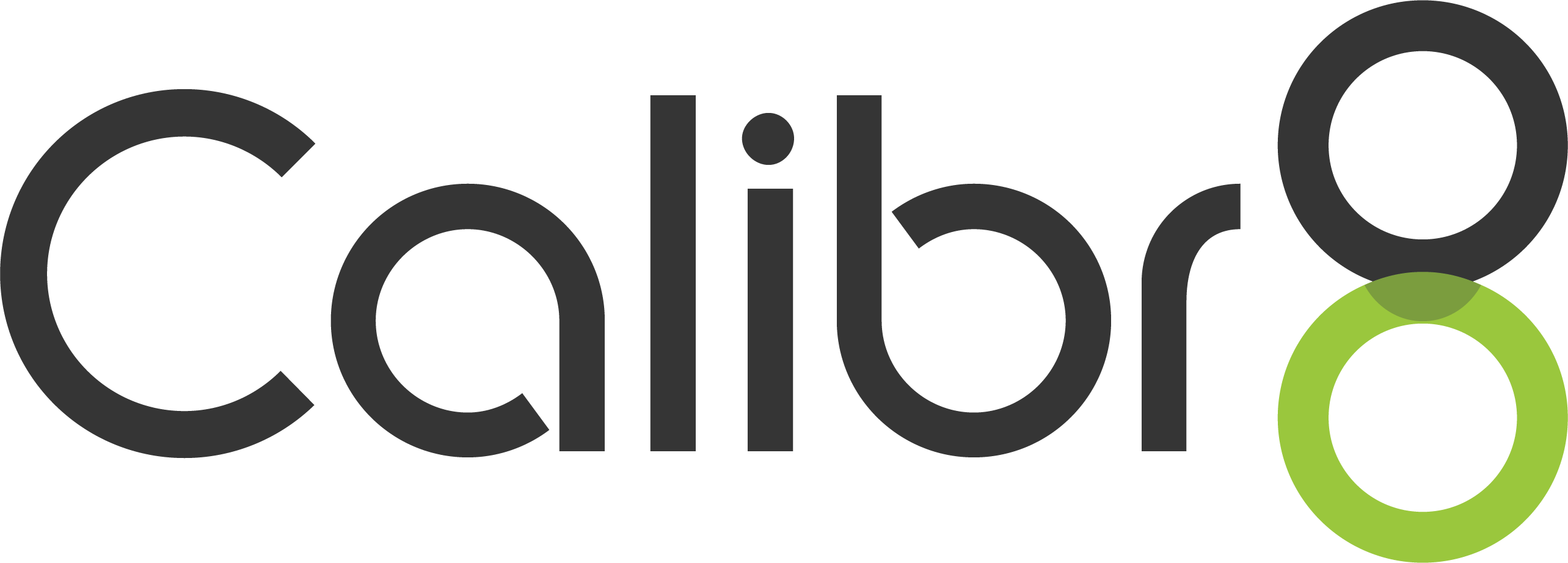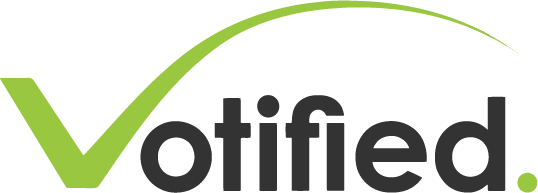In an era dominated by digital information, online research has become an indispensable tool for individuals, businesses, and academics alike. Whether you’re a student working on a thesis, a professional seeking market insights, or simply someone looking to expand your knowledge on a specific topic, the vast realm of the internet holds a trove of information waiting to be explored. However, the challenge lies in navigating this sea of data to find the quality sweet spot in online research — the point where reliability, relevance, and depth converge. In this article, we’ll explore strategies to help you sift through the digital noise and uncover the gems of information that can truly elevate your research endeavors.
Understanding the Landscape: The Online Research Terrain
Before delving into the specifics of finding the quality sweet spot, it’s essential to grasp the diverse landscape of online research. The internet offers a myriad of sources ranging from academic journals and reputable news sites to user-generated content on forums and social media platforms. Each source comes with its own set of strengths and weaknesses, making it crucial for researchers to discern the reliability and relevance of the information they encounter.
Navigate with Purpose: Define Your Objectives
The first step in any successful online research journey is to clearly define your objectives. What are you hoping to achieve with your research? Whether it’s gathering statistical data, exploring different perspectives on a topic, or finding up-to-date information on a current event, having a clear goal will guide your search and help you filter out irrelevant information.
Cast a Wide Net: Utilize Multiple Sources
While the internet is a vast repository of information, not all sources are created equal. To ensure a comprehensive understanding of your topic, cast a wide net by consulting various types of sources. Academic journals, reputable news outlets, and government publications are often reliable, while user-generated content on forums and social media can provide valuable insights into public opinions and experiences.
Beware of Bias: Evaluate Source Credibility
One of the challenges in online research is discerning biased information from credible sources. Be mindful of the author’s affiliations, potential conflicts of interest, and the publication’s reputation. Fact-checking is a critical skill in this regard — cross-reference information across multiple reliable sources to confirm its accuracy and legitimacy.
The Quality Sweet Spot: Balancing Relevance and Reliability

Now that we’ve laid the groundwork for online research, let’s explore how to find the quality sweet spot — the delicate balance between relevance and reliability.
Precision in Keywords: Crafting Effective Search Queries
The journey to the quality sweet spot begins with the art of crafting precise and effective search queries. Instead of generic terms, use specific keywords related to your research objectives. For example, if you’re exploring the impact of renewable energy on the economy, use phrases like “economic effects of renewable energy” to refine your search and yield more targeted results.
Advanced Search Techniques: Mastering Search Engine Tools
Search engines are powerful tools, and mastering advanced search techniques can significantly enhance the efficiency of your research. Use quotation marks to search for exact phrases, employ the minus sign to exclude specific terms, and utilize site operators to focus on results from particular domains. These techniques can help you zero in on the most relevant and reliable information.
Distinguish Primary and Secondary Sources: Digging Deeper
In the realm of online research, distinguishing between primary and secondary sources is crucial. Primary sources provide firsthand information, such as original research studies, official documents, and eyewitness accounts. Secondary sources, on the other hand, interpret or analyze primary sources. While both have their merits, prioritizing primary sources can add depth and authenticity to your research.
The Currency Factor: Stay Updated
In the fast-paced digital landscape, the currency of information is paramount. Ensure that the sources you consult are up-to-date, especially when researching rapidly evolving topics. Check publication dates, and if possible, explore more recent studies and publications to capture the latest insights and developments in your field.
Peer-Reviewed Excellence: Trusting Academic Journals
For academic or in-depth research, peer-reviewed journals are a goldmine of reliable information. These publications undergo a rigorous evaluation process by experts in the field, ensuring the quality and credibility of the content. While not all online research requires such stringent standards, incorporating peer-reviewed articles can significantly elevate the reliability of your findings.
Navigating the Challenges: Overcoming Common Pitfalls
Even armed with effective strategies, online research is not without its challenges. Recognizing and navigating these pitfalls is essential for ensuring the quality of your findings.
Confirmation Bias: Challenge Your Assumptions
Confirmation bias is a pervasive challenge in research, where individuals unconsciously seek and prioritize information that aligns with their existing beliefs. To overcome this, actively challenge your assumptions and deliberately seek out conflicting viewpoints. This approach fosters a more balanced and objective perspective, enhancing the overall quality of your research.
Digital Noise: Filtering the Relevant from the Irrelevant
The sheer volume of information available online can be overwhelming, leading to what is commonly referred to as “digital noise.” To combat this, employ effective filtering techniques. Focus on reputable sources, set specific search parameters, and prioritize information that directly aligns with your research objectives. This disciplined approach will help you sift through the noise and identify the most pertinent data.
Plagiarism Awareness: Upholding Academic Integrity
In the age of digital accessibility, the risk of unintentional plagiarism is heightened. Be vigilant about citing your sources properly and adhering to academic integrity standards. Utilize citation management tools to keep track of your references and ensure that you give credit to the original creators of the content you incorporate into your research.
Tools of the Trade: Enhancing Your Research Arsenal

In the pursuit of the quality sweet spot, leveraging the right tools can make a significant difference. Here are some essential tools to enhance your online research arsenal:
Reference Management Software: Organize Your Citations
Reference management software such as EndNote, Zotero, or Mendeley can streamline the process of organizing and citing your sources. These tools help you manage your references efficiently, ensuring that your research is well-documented and adheres to citation standards.
Fact-Checking Websites: Verify Information Accuracy
Fact-checking websites like Snopes, FactCheck.org, and PolitiFact are invaluable resources for verifying the accuracy of information. When in doubt, cross-reference your findings with these platforms to ensure the reliability of the data you’re incorporating into your research.
Online Libraries and Databases: Tap into Academic Resources
Accessing online libraries and databases, such as JSTOR, PubMed, or Google Scholar, provides a wealth of academic resources. These platforms offer a vast array of peer-reviewed articles, research papers, and scholarly publications, enriching your research with authoritative content.
Data Visualization Tools: Enhance Presentation Impact
For researchers dealing with large datasets, data visualization tools like Tableau or Microsoft Power BI can enhance the impact of your findings. These tools allow you to present complex information in a visually compelling manner, making it more accessible to your audience.
Conclusion: Mastering the Art of Quality Online Research
In the ever-expanding digital landscape, finding the quality sweet spot in online research is both an art and a science. It requires a strategic approach, a discerning eye for reliability, and a commitment to staying informed. By defining your objectives, mastering search techniques, balancing relevance and reliability, and navigating common challenges, you can elevate the quality of your online research to new heights.
As you embark on your next research journey, remember that the internet is a dynamic and evolving ecosystem. Stay curious, adapt to new tools and methodologies, and continually refine your skills. In the quest for the quality sweet spot, the journey is just as enriching as the destination. Happy researching!
Have a project that you’re looking to field?
Logit can help. Just fill out the form below and a Logit Group team member will be in contact with you shortly. Get a quote today.





